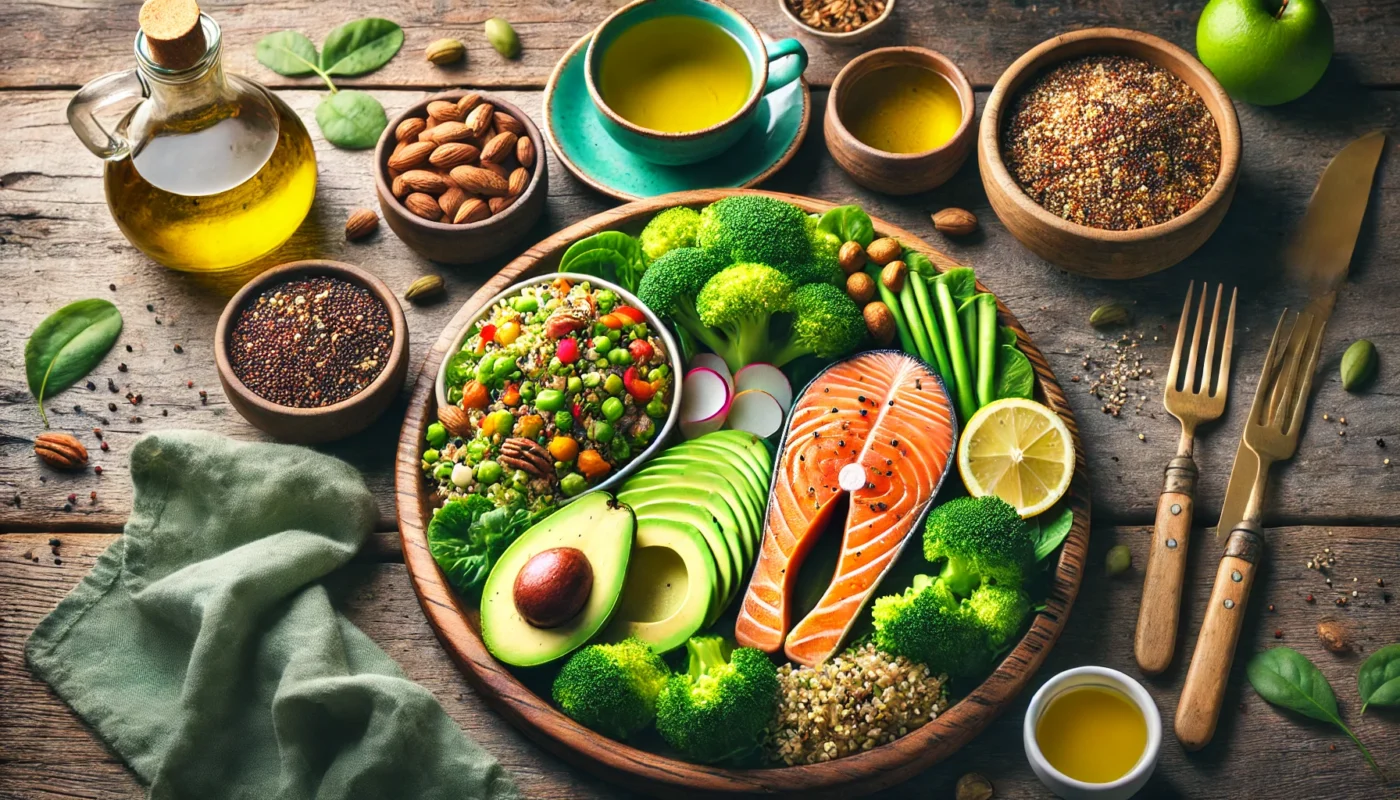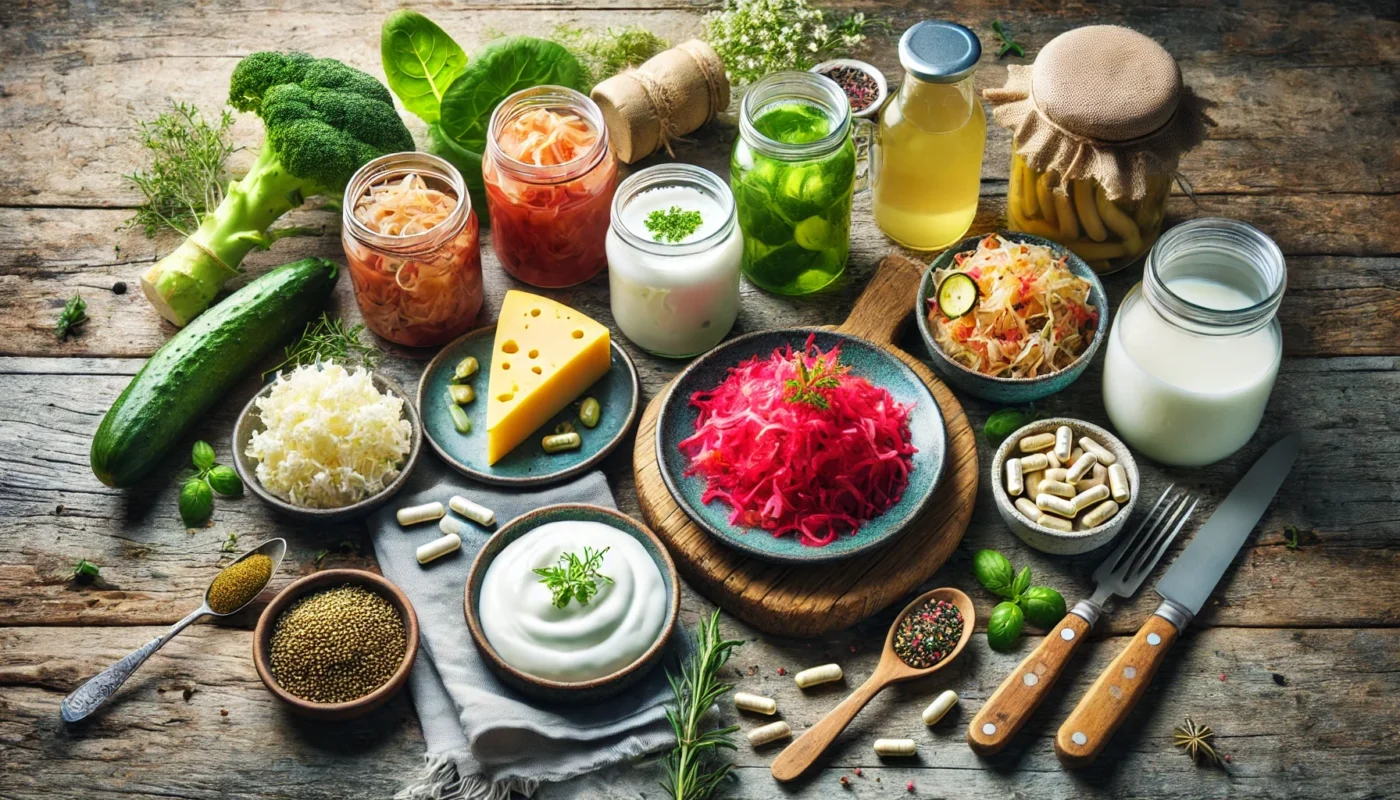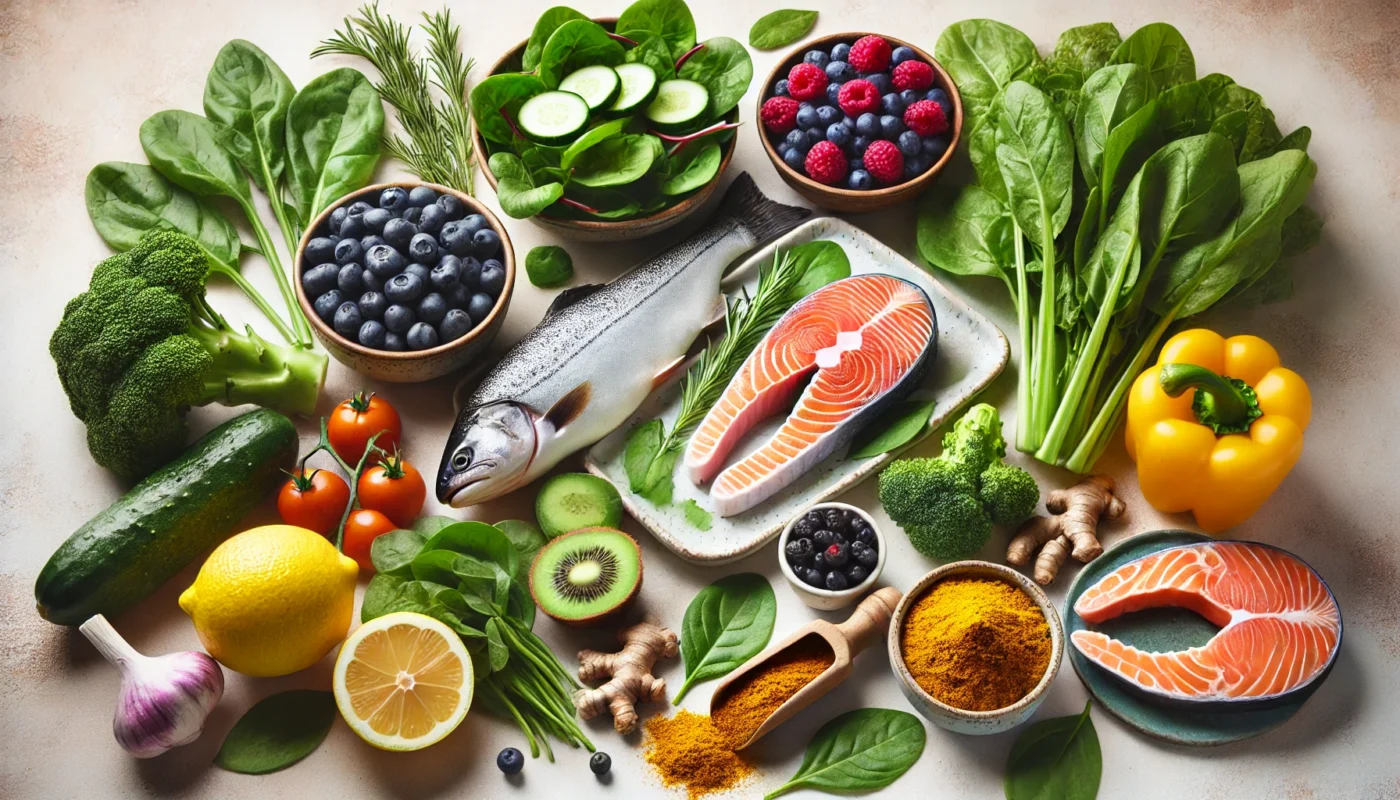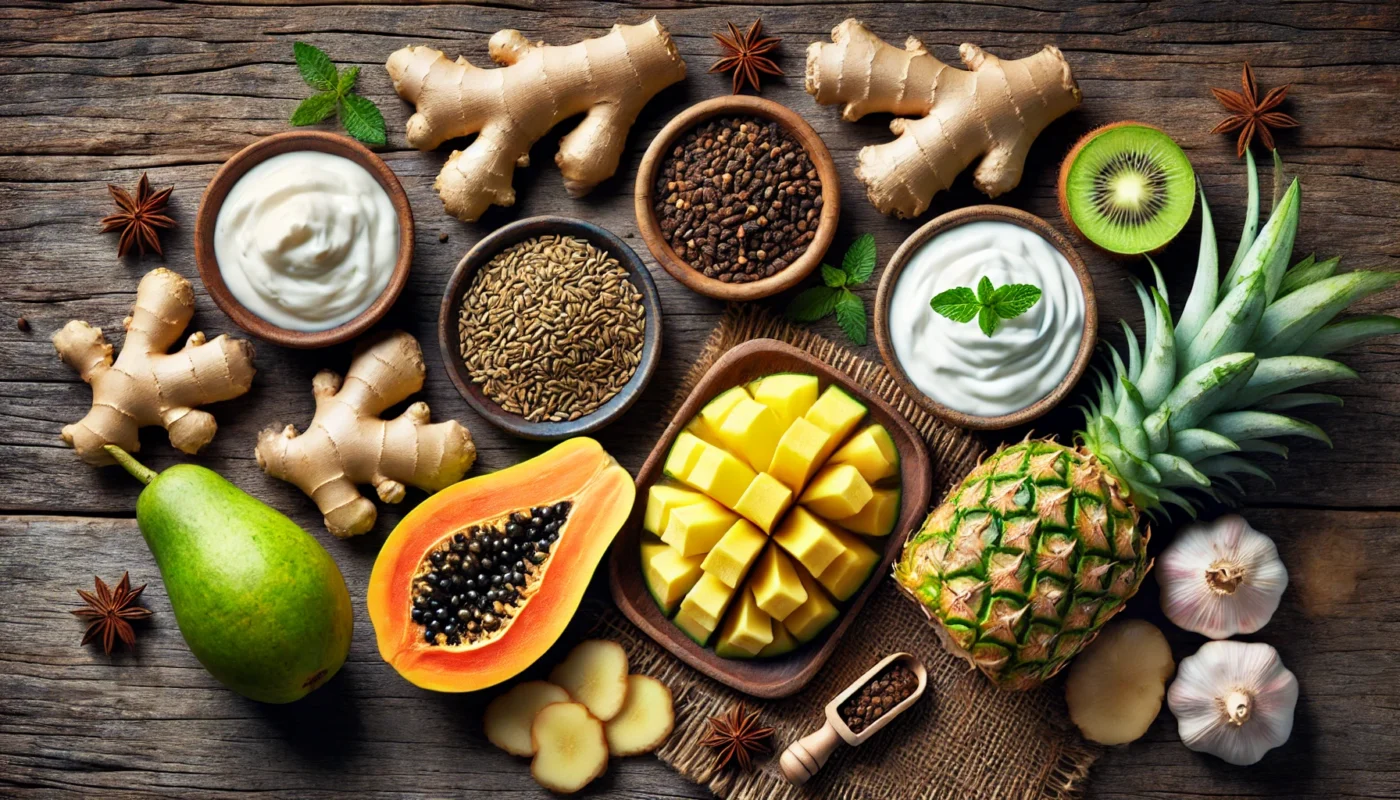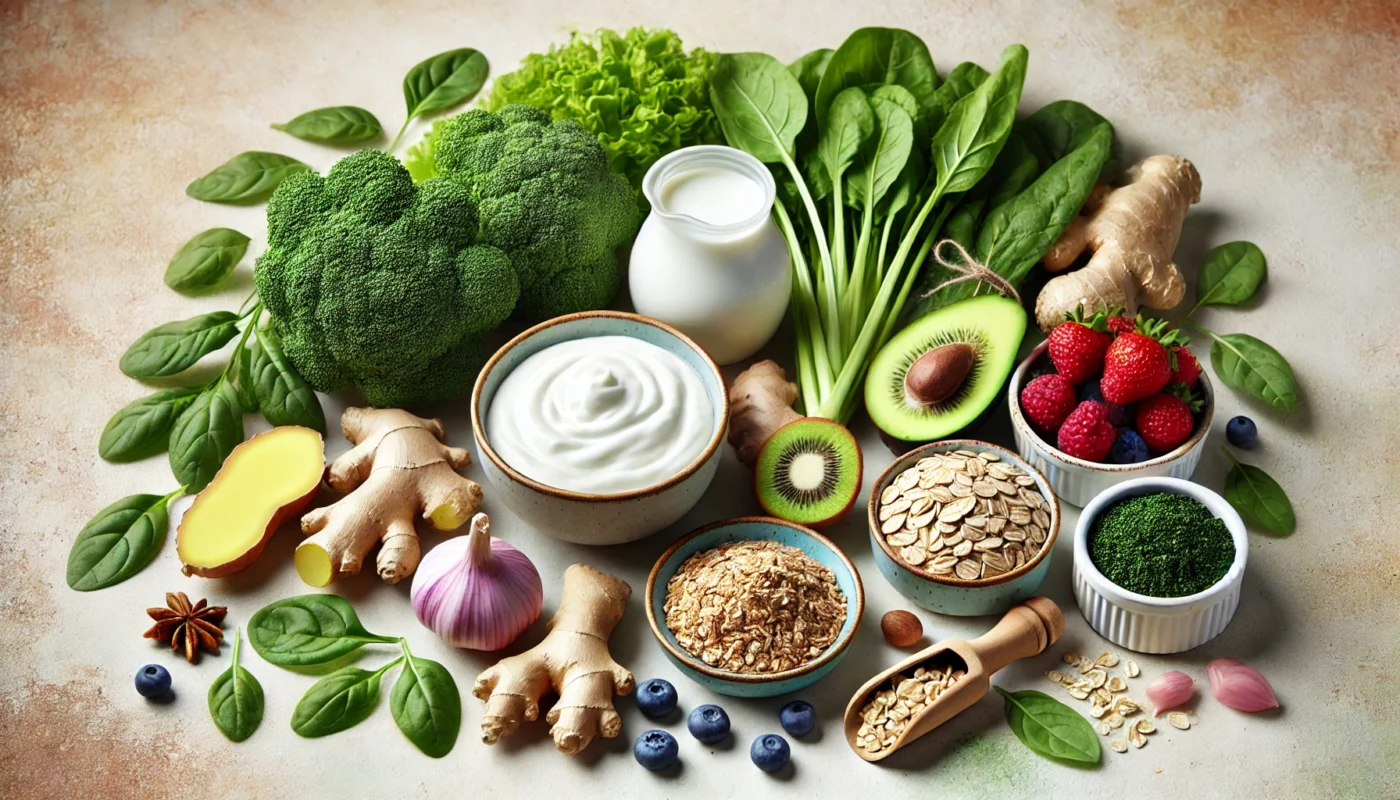Inflammation is the body’s natural response to injury, infection, or harmful stimuli. In short-term scenarios, it’s a beneficial process that promotes healing and recovery. However, when inflammation becomes chronic, it can lead to various health issues. Chronic inflammation is often subtle, quietly affecting the body’s systems over time, and can be influenced by lifestyle factors, including diet.
Tag Archives: Gut Health
Inflammation is a natural defense mechanism used by the immune system to protect the body against harm, such as infections or injuries. However, when inflammation becomes chronic, it can lead to various health issues. One of the key triggers of chronic inflammation is diet. Certain foods can provoke an inflammatory response, leading to long-term health consequences.
Inflammation is a natural immune response that plays a critical role in healing and defending the body against foreign invaders. However, when inflammation becomes chronic, it can contribute to various health issues, including arthritis, heart disease, and even cancer. As interest in dietary strategies to manage inflammation grows, yogurt has emerged as a food of interest due to its potential anti-inflammatory properties. But does yogurt really help with inflammation, or could it exacerbate it? Let’s delve into the scientific evidence to better understand yogurt’s role in inflammation.
Before discussing probiotics, it’s essential to grasp the intricacies of autoimmune diseases. These conditions, such as rheumatoid arthritis, lupus, and multiple sclerosis, involve the immune system misidentifying its own tissues as threats, leading to chronic inflammation and tissue damage. The gut microbiome, a complex ecosystem of bacteria residing in the digestive tract, plays a crucial role in regulating the immune response. An imbalance in this microbiome, known as dysbiosis, is often linked to autoimmune conditions.
Autoimmune diseases occur when the immune system mistakenly attacks the body’s own tissues, leading to inflammation and damage. Common conditions include rheumatoid arthritis, lupus, and multiple sclerosis. The exact causes of these diseases are not fully understood, but it is believed that a combination of genetic and environmental factors plays a role.
Stomach inflammation, also known as gastritis, can be a bothersome condition that affects many individuals. The inflammation of the stomach lining can lead to discomfort, indigestion, and even more severe gastrointestinal issues if left untreated. While traditional medical treatments are available, many people are seeking natural remedies to alleviate their symptoms and promote healing. In this article, we will explore effective natural remedies for healing stomach inflammation, providing you with practical strategies to enhance your well-being.
Colon inflammation, often associated with conditions like Crohn’s disease, ulcerative colitis, and IBS, involves the irritation and swelling of the colon lining. This can lead to symptoms such as abdominal pain, bloating, diarrhea, and fatigue. While medical treatments are essential, dietary interventions can play a significant role in managing these symptoms.
Bloating can be an uncomfortable and often embarrassing condition, characterized by a feeling of fullness or swelling in the abdomen. It is a common complaint that can affect individuals of all ages, and while it is often benign, it can sometimes indicate an underlying health issue. Understanding the causes of bloating is the first step towards finding effective relief.
The human body is a complex ecosystem, capable of self-healing when nourished with the right nutrients. Foods that help fight infection are rich in vitamins, minerals, and antioxidants, which work collectively to enhance immune function and protect against pathogens. These foods not only bolster the body’s defenses but also support overall health by providing essential nutrients.
Before diving into specific foods, it’s crucial to understand the underlying factors contributing to stomach inflammation. Gastritis can be classified as either acute or chronic. Acute gastritis is a sudden inflammation of the stomach lining, while chronic gastritis involves long-term inflammation that can last for years if untreated. Both forms can result in symptoms like nausea, vomiting, bloating, and abdominal pain.

